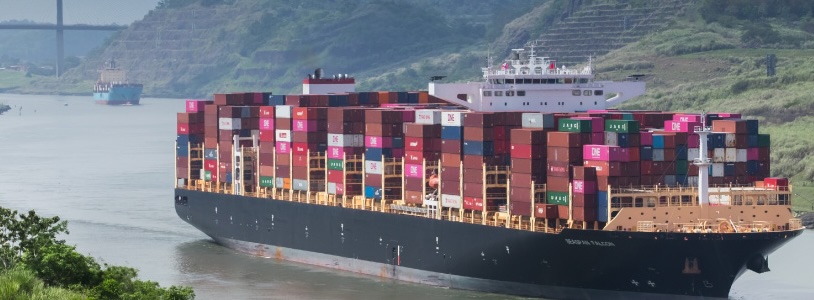Already a subscriber? Make sure to log into your account before viewing this content. You can access your account by hitting the “login” button on the top right corner. Still unable to see the content after signing in? Make sure your card on file is up-to-date.
China condemned the United States for exerting “pressure and coercion” on Panama after it announced its withdrawal from the Belt and Road Initiative (BRI).
Some shit you should know before you read: For decades, China has been continuing to deepen its economic and strategic ties with Panama, using its Belt and Road Initiative (BRI)—a global infrastructure and investment program designed to expand Beijing’s influence through major development projects. Since Panama joined the BRI in 2017, China has dumped billions into key infrastructure, solidifying its presence in one of the world’s most critical trade corridors. A key aspect of China’s influence has been its control over two major ports at the Atlantic and Pacific entrances of the Panama Canal, operated by Hong Kong-based Hutchison Ports. The United States has repeatedly warned that China’s presence at these ports represents a national security threat, arguing that Beijing could use its position to disrupt global trade or challenge American dominance in the region. As China’s footprint in Panama grew, Trump demanded that the Panamanian government curb Chinese influence or the US would “take it back.” After a meeting with Secretary of State Marco Rubio, the Panamanian government announced it would pull out of China’s BRI and indicated it would seek to regain ownership of the two Chinese-operated ports in the Panama Canal.

What’s going on now: In response to Panama pulling out of the BRI, China has condemned the United States, accusing the US of using coercion and threats to undermine its global infrastructure initiative. Chinese Foreign Ministry spokesperson Lin Jian stated that Beijing “firmly opposes the US smearing and undermining Belt and Road cooperation through means of pressure and coercion.” He went on to denounce the US’s actions as an example of “hegemonic behavior,” arguing that the US is deliberately interfering in China’s relations with Latin American countries. Assistant Foreign Minister Zhao Zhiyuan also criticized the move, saying that China “deeply regrets” Panama’s decision and called on the country to “stay away from external interference and make the right decision based on the long-term interests of both peoples.”
China also summoned Panama’s ambassador, Miguel Humberto Lecaro Barcenas, to formally protest the withdrawal, stressing that the Belt and Road Initiative had brought “fruitful results” to both countries. Zhao warned that reversing course on the BRI “is not in line with Panama’s fundamental interests” and accused the US of arbitrarily pressuring its allies to curb ties with Beijing.
This all comes as the United States grows increasingly concerned over China’s efforts to embed itself in critical infrastructure worldwide, including the Panama Canal, which serves as a vital artery for global trade. US officials have openly warned that in the event of a direct conflict, China could exploit its presence at the canal’s key ports to disrupt shipping, block military and commercial vessels, and effectively strangle the flow of goods between the Pacific and Atlantic Oceans. Such an action could create economic chaos in the United States, where over 70% of canal traffic is tied to American trade, leading to supply chain disruptions, skyrocketing costs, and logistical nightmares for key industries.






